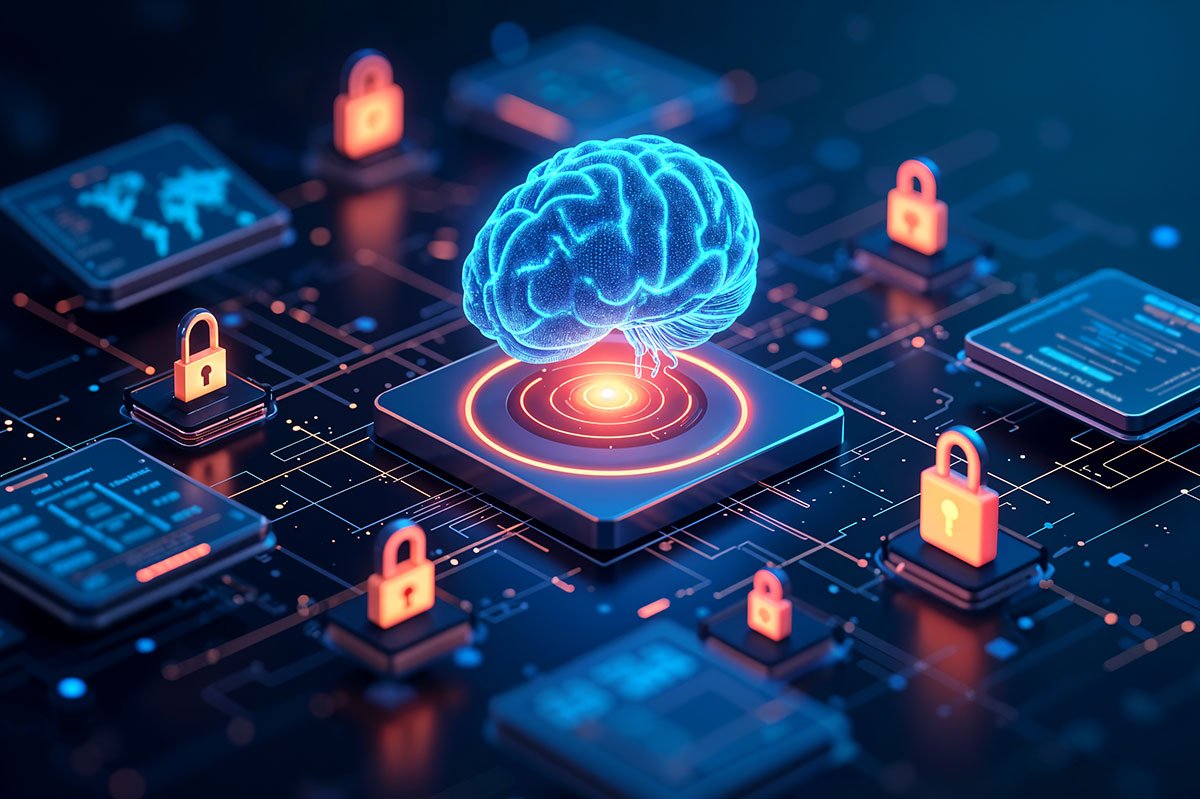Introduction
As artificial intelligence (AI) rapidly integrates into our lives—from healthcare and finance to education and everyday devices—the conversation is shifting from what AI can do to what it should do. With this shift comes an urgent spotlight on AI ethics and security risks.
The goal is no longer just to build smarter machines, but to build trustworthy, safe, and responsible AI systems. In 2025 and beyond, ethical governance and security in AI aren’t just buzzwords—they’re business and societal imperatives.
Why AI Ethics Matters Now More Than Ever
AI systems increasingly make decisions that affect lives—credit approvals, job screening, medical diagnosis, surveillance, and more. However, without clear ethical guidelines, AI can reinforce bias, violate privacy, or cause harm unintentionally.
• Bias and Fairness
AI can inherit biases from historical data, leading to unfair outcomes for marginalized groups. Ethical AI frameworks aim to eliminate discrimination and promote fairness.
• Transparency and Accountability
Black-box models make decisions without clear explanations. Ethical standards demand that AI is explainable, auditable, and accountable to humans.
• Human-Centric Design
Ethics in AI promotes systems that serve human values—not replace or manipulate them. This includes ensuring informed consent and respecting autonomy.
AI Security Risks You Can’t Ignore
While AI can boost cybersecurity, it also introduces new threats:
1. Adversarial Attacks
Hackers can feed manipulated data into AI systems, causing them to make wrong predictions. This is especially dangerous in autonomous vehicles and facial recognition.
2. Model Theft and Data Leakage
AI models can be reverse-engineered or exploited to extract sensitive training data, posing serious privacy concerns.
3. Autonomous Weaponization
There is increasing global debate around military use of AI, where decisions made without human oversight can lead to catastrophic consequences.
4. Overdependence on AI
Heavy reliance on AI without human-in-the-loop validation can result in poor or dangerous decisions when the system fails or is compromised.
Global Movement Toward Ethical AI
Governments, institutions, and tech giants are taking action:
-
The EU AI Act sets strict rules for high-risk AI systems.
-
Organizations like IEEE and OECD have published ethical AI principles.
-
Companies now appoint AI Ethics Officers and form AI Review Boards to evaluate their systems for compliance and integrity.
What Businesses and Developers Should Do
• Implement Bias Detection Tools
Regularly audit datasets and models for unintended bias.
• Design for Explainability
Use interpretable models or include explanations in AI-driven decisions.
• Adopt Secure AI Development Practices
Apply adversarial testing, model hardening, and threat modeling.
• Align with Ethical Guidelines
Integrate values like fairness, accountability, privacy, and human oversight into product design and deployment.
Conclusion
AI is shaping the future—but how we guide it today will define that future. By prioritizing ethics and security, we can build systems that not only innovate, but also protect, respect, and empower humanity.
As the industry matures, the organizations that lead with responsibility will be the ones that thrive—earning trust, staying compliant, and future-proofing their AI investments.











Leave a Reply